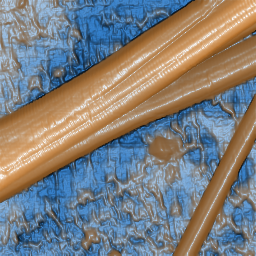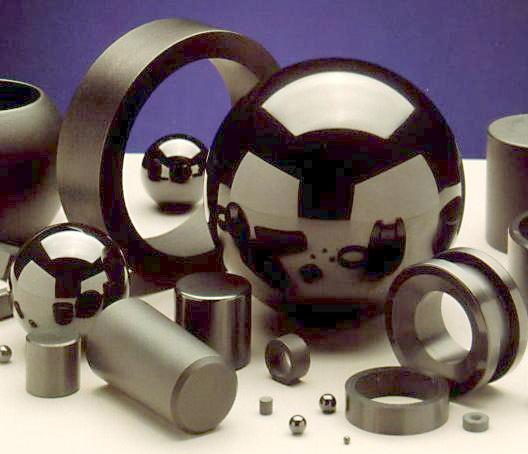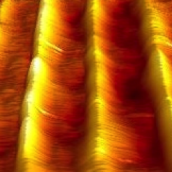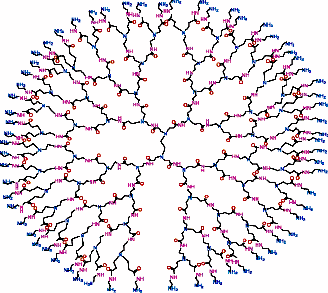|
Join us for a webinar to learn about one of the cutting-edge applications of nanoscientific research:
Supramolecular Chemistry, Nanomachines, and AFM
Join us for a series of lectures featuring materials sciences expert Professor Rigoberto Advincula of Case Western Reserve University! With considerable expertise in the design, synthesis and characterization of new polymers and nanoscale materials, Prof. Advincula has designed a series of lectures in order to share the latest developments in nanomaterials research in a variety of applications and fields.
The focus on nanotechnology required the use of tools needed to understand phenomena and manipulate materials all the way to the atomic level. Atomic force microscopy (AFM) and its related techniques is one of the most important methods for probing and harnessing the potential of nanotechnology.
The recent Nobel Prize in Chemistry 2016 awarded to Sauvage, Stoddart, and Feringa for their work in supramolecular chemistry highlighted the need for nanomanipulation and probes to demonstrate stimulation response and motion to molecular and nanomachines. The use of synthetic chemistry has enabled the creation of nano objects resembling gears, axles, and pistons, which can be indirectly probed by methods based on spectroscopy, scattering, and enthalpy relevant methods. However, AFM is one of the few methods available to directly visualize and manipulate these nano-objects by investigating topology and field response in flat surfaces and using specific cantilever-tip to molecule interactions. AFM techniques based on contact and non-contact modes including scanning tunneling microscopy (STM) as well as field-responsive methods have enabled quantitative and visualized experiments to correlate with the dynamics of macromolecular and supramolecular chemistry.
This webinar summarizes this important tool and highlight various efforts by the author on AFM imaging of knotted polymers. Prof. Advincula will also give an overview of the field and history of supramolecular chemistry that has led to the recent Nobel Prize topic.
Presented by Prof. Rigoberto Advincula
Macromolecular Science & Engineering, Case Western Reserve University
About Prof. Rigoberto Advincula
Prof. Rigoberto Advincula, Director of the Petro Case Consortium, is recognized industry-wide as an expert regarding polymer and materials challenges of the oil-gas industry. He is currently a Professor with the Department of Macromolecular Science and Engineering at Case Western Reserve University and is the recipient of numerous awards including Fellow of the American Chemical Society, Herman Mark Scholar Award of the Polymer Division, and Humboldt Fellow.
Register by clicking session below:
Wednesday, November 9, 2016
ONLINE REGISTRATION PAGE
- PST (UTC-8): 9:00 AM - 10:00 AM
- EST (UTC -5): 12:00 PM - 1:00 PM
- GMT (UTC): 5:00 PM - 6:00 PM
- CET (UTC +1): 6:00 PM - 7:00 PM
|
|
|
Webinar Details
|
|
Date:
Wednesday, Nov 9, 2016
Time:
9:00 am – 10:00 am (PST)
San Francisco, Los Angeles
12:00 pm – 1:00 pm (EST)
Boston, New York
5:00 pm – 6:00 pm (GMT)
London
6:00 pm – 7:00 pm (CET)
Paris, Rome
|
|
|
|
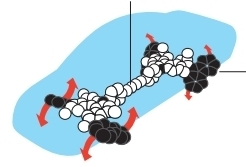
|
|
Nanocar molecular machine
An example of a nanocar with chassis and motor as developed by 2016 Nobel Prize co-winner Bernard Feringa
|
|
|
System Requirements
GoToMeeting
PC-based attendees
Windows 7, Vista, XP 2003 Server
Mac-based attendees
MacOS 10.5
or newer
|
|






